Market Trends
Key Emerging Trends in the Smart Labels Market
Digital transformations can be enhanced through the use of advanced technology, hence making Smart Labels popular among many organizations across the world. They help customers gain more power over the information they access through digital media, thereby enhancing their rights. Time efforts and money can be saved through recording, receiving, or transmitting information using RFID technologies. Due to the fact that the supply chain plays an important role in production and distribution, companies are therefore likely to go for RFID due to its traceability nature as well as its being automatable; thus, the acquisition is very easy. Increasing demand for advanced labeling solutions across various industries has been a key driver behind the significant rise of the Smart Labels Market over recent years. These embedded with technologies like Radio-Frequency Identification (RFID)and Near Field Communication (NFC) offer several benefits compared to traditional tags, hence revolutionizing labeling practices- one of them is a possibility for wireless charging. For instance, they are used in retailing, where laborious processes such as rack management become easy through automated identification systems. In addition to this, healthcare forms a major consumer segment that contributes to market expansion on account of smart label adoption within the pharmaceuticals and medical devices sector. Smart labels are used for product authentication in the pharmaceutical industry, counterfeiting purposes, and to ensure patients' safety. Finally, there is an emerging trend where smart labels are now being designed to work with Internet of Things (IoT) technologies. In these areas, smart labeling has rapidly adapted by IoT, for instance, when it comes to making them part of global business activities. The growing inclination towards sustainable and eco-friendly packaging solutions is also driving the demand for smart labels, as a result of which companies have been adopting environmentally friendly labeling solution that supports responsible manufacturing practices only that this time, they add more value through added features to reduce wastage thereby promoting green supply chains in enterprises. Moreover, retail and logistics sectors are experiencing ballooning demand for electronic shelf labels (ESLs), a particular type of smart label. ESLs enable dynamic pricing, better price accuracy, and efficient shelf management. As far as regional trends go, North America and Europe are the forerunners in smart label uptake. The presence of technologically advanced infrastructure and a high level of awareness among businesses contribute to the strong market position in these regions. Factors such as the initial high implementation costs and concerns related to data security pose challenges that could partially slow down the market growth. However, ongoing technological advancements coupled with the proven benefits of smart labels for improving operational efficiency and cutting costs may outweigh these challenges, leading to continued market expansion.


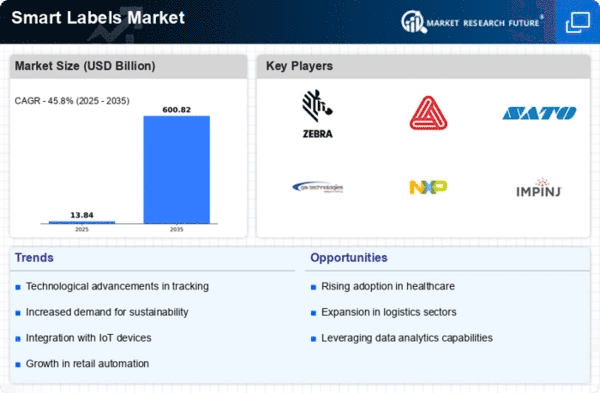
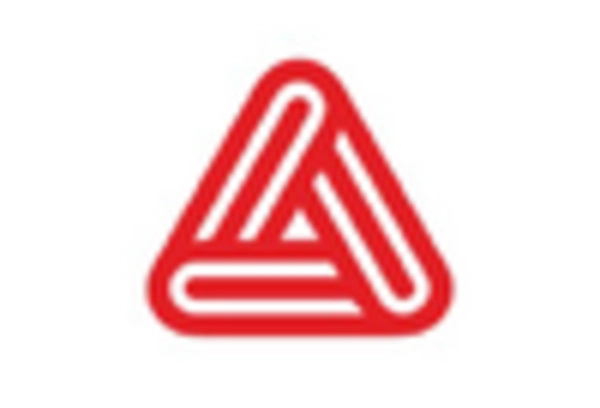
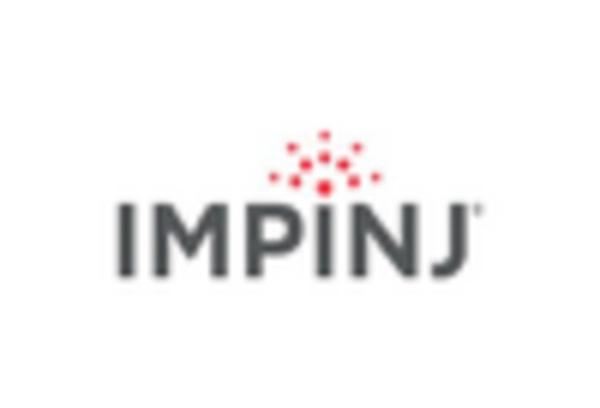
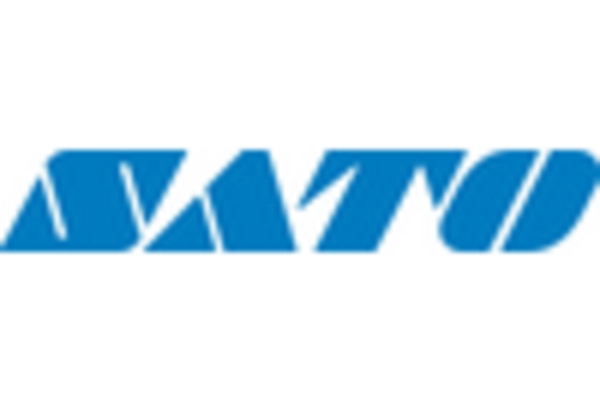
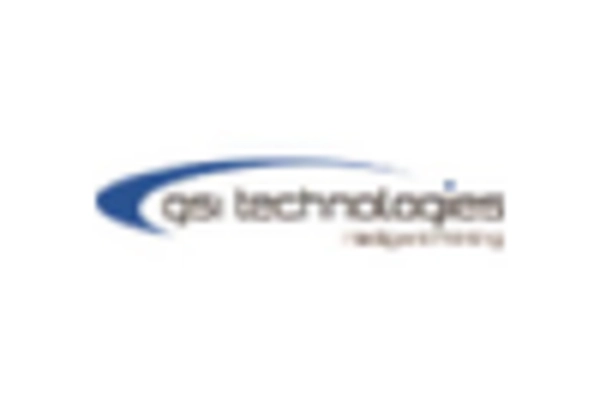










Leave a Comment